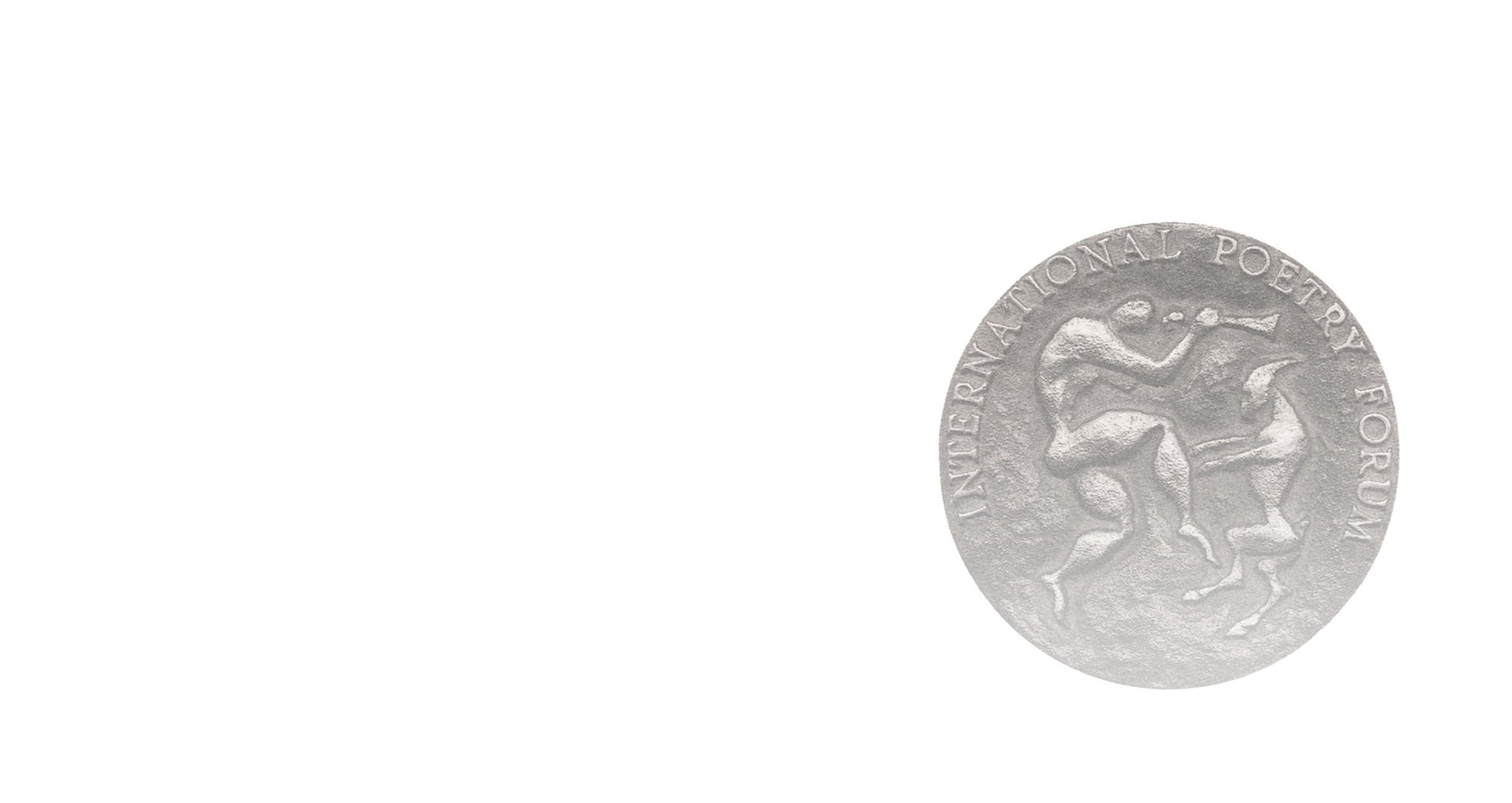The International
Poetry Forum
Est. 1966 in Pittsburgh, PA

A Local Stage for the World’s Voices
From W.H. Auden to James Earl Jones, Seamus Heaney to Grace Kelly, the International Poetry Forum has welcomed some of the world’s most celebrated poets and performers—even royalty—to Pittsburgh since 1966.
Alumni of this historic reading series include Elizabeth Bishop, Jorge Luis Borges, Tennessee Williams, Gwendolyn Brooks, Chinua Achebe, Mary Oliver, Kurt Vonnegut, Gregory Peck, Princess Grace of Monaco, Queen Noor of Jordan, and more than 800 voices from over 50 countries. Among them: 9 Nobel Laureates, 14 Oscar winners, 47 Pulitzer Prize recipients, and a Steelers Super Bowl MVP.
Explore the rich history of the International Poetry Forum.
View upcoming readings and performances.
Learn more about International Poetry Forum’s alumni.



